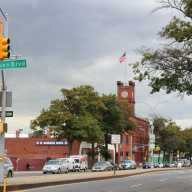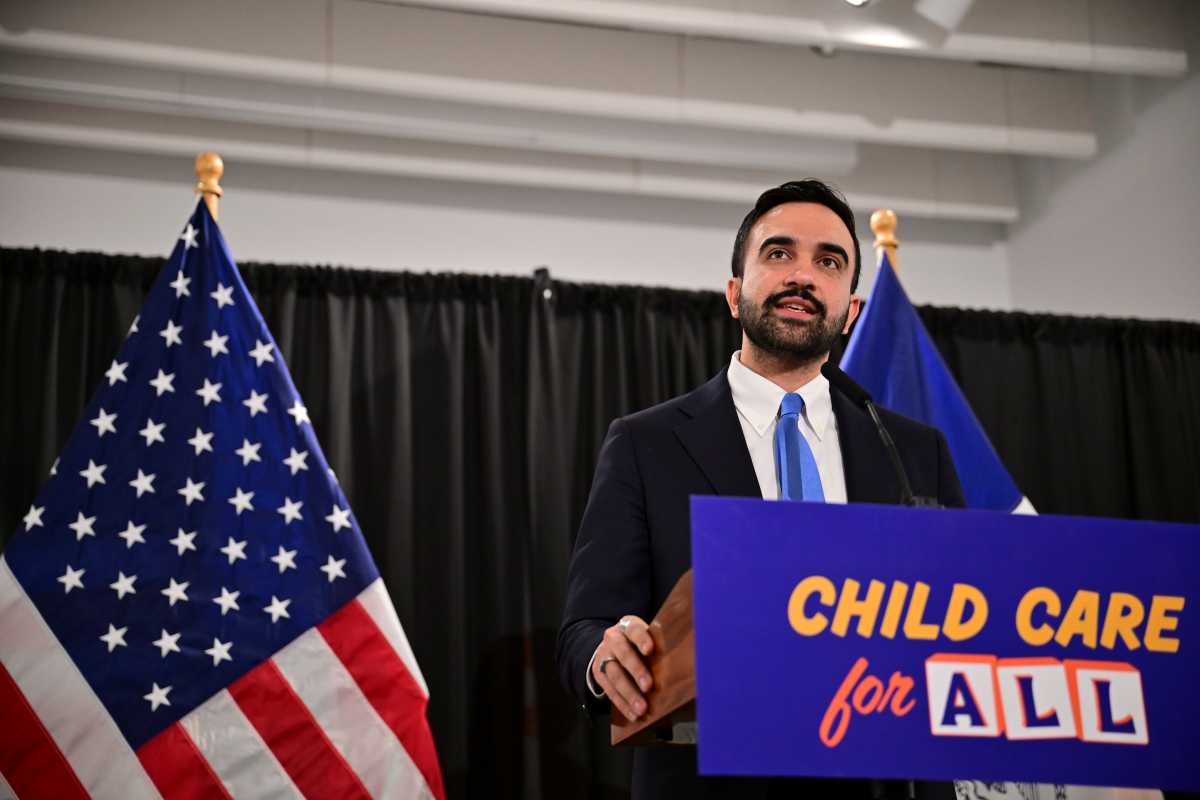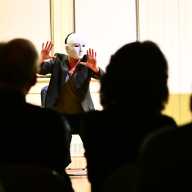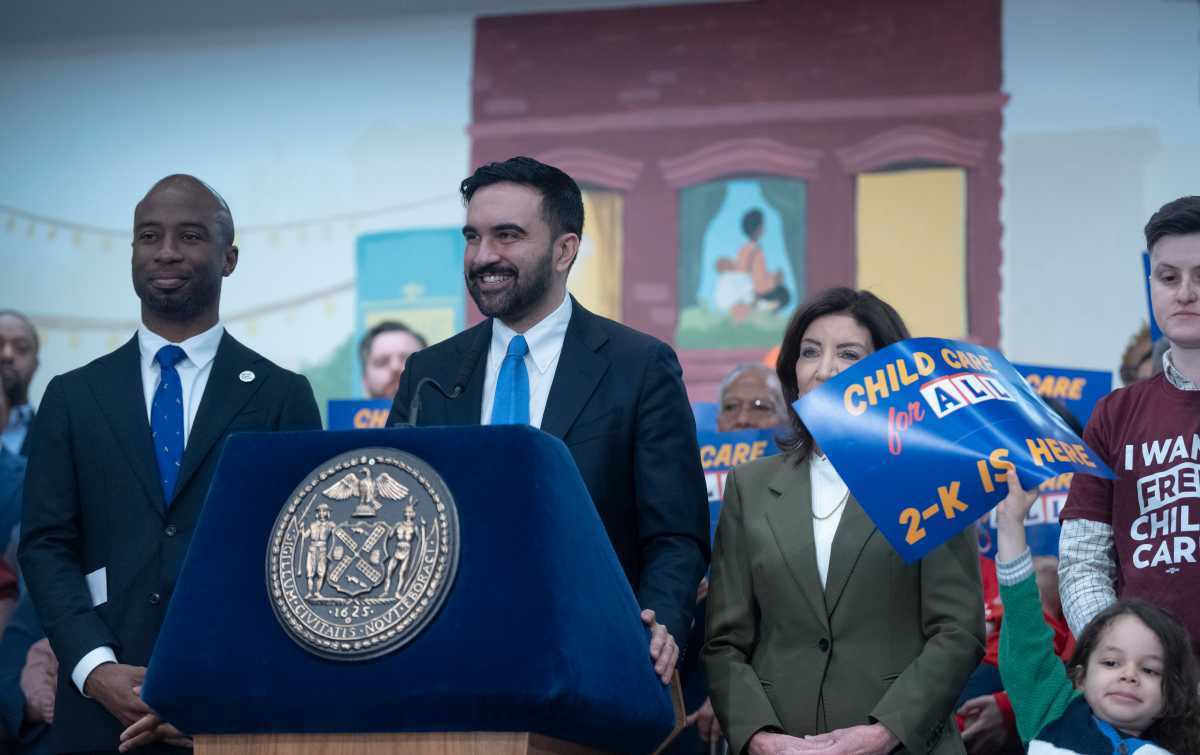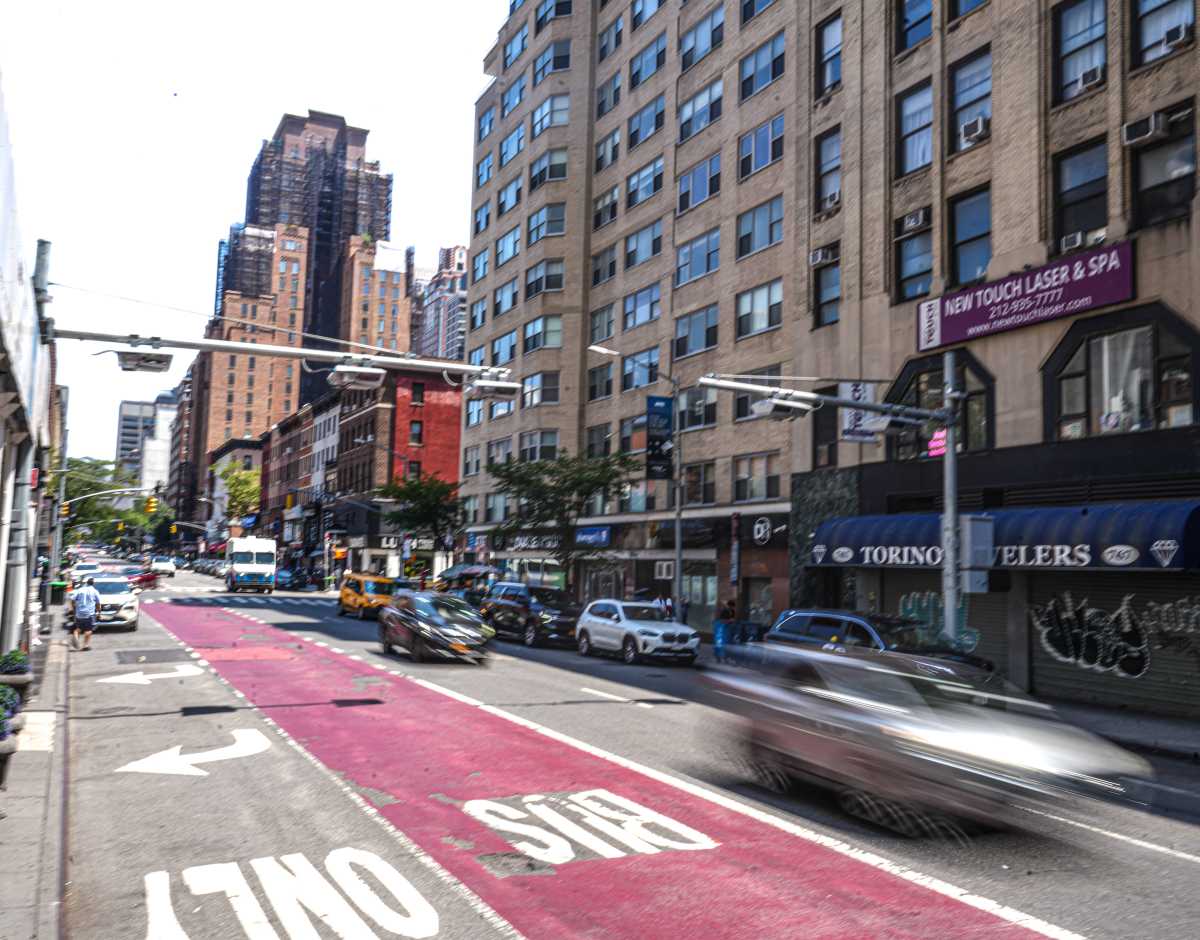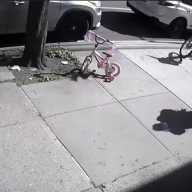Stephen Grilli, a right-handed pitcher for the Detroit Tigers and Toronto Blue Jays, played in parts of four major league seasons during the 1970s making $17,500 in his first contract. He also used to drive a UPS truck in the off-season just to make end meet.
He was part of the 874 MLB players who played between 1947 and 1979 who had brief stints in the majors or ‘a cup of coffee’ (a term popularized by the now defunct New York Globe in the early 1900s) and were excluded from the 1980 sweetheart deal that said a player is eligible for health benefits after one day of service and eligible for a pension after 43 days of service.
“Do you think we’re ever going to see someone like A-Rod drive a UPS truck?” asked Doug Gladstone, the pot-stirring author behind A Bitter Cup of Coffee: How the MLB and the Players Association Threw 874 Retirees a Curve. “Absolutely not. He doesn’t have to because of Grilli and the David Clydes and the Jimmy Qualls’ and all those other men who played between 1947 and 1979 were the guys who went without paychecks so that today’s players can make what they’re making.”
Before the 1980 deal, players needed four years of service to be eligible for health benefits and pension accommodations. Gladstone, a Queens-native who spent the first 16-years of his life in Jackson Heights – was surprised that no one else had championed the cause of the retired players prior to the release of his critically-acclaimed book.
“Nobody had ever before written a book that exclusively dealt with the issue like I did,” said Gladstone. “I think that’s a shame because perhaps if some enterprising reporter had bothered to write about this back in 1980, something could have been done way before now.”
In May of 2009, Gladstone began studying these men that he calls his “boyhood heroes” and arranging interviews with players that missed their piece of the collective pie. At first, he had a hard time locking down sources for his book to the point of complete frustration. Rod Gaspar, a former New York Met turned insurance salesmen in Viejo, California, did not want to speak with Gladstone despite the fact that he stood to benefit if the league and the union ever decided to grandfather or retroactively restore his pension. It was not until he spoke with Bob Sadowski, who played with four teams in the early 1960s, that he rediscovered the importance of his project.
“Listening to him and learning all that he’s endured, I couldn’t help but be moved by his plight, and that helped me to press on,” said Gladstone. “This was a guy who lost his wife and was hooked up to a dialysis machine within months of one another. He had also lost his two remaining brothers to ALS [Lou Gehrig’s disease] and cancer, respectively. More recently, Sado was just hospitalized for stomach ulcers, but thank goodness he’s alright. And you know what he wants to do with the money he’s supposed to be receiving? Just buy an air conditioner. Can you imagine living in Georgia and not having a functional air conditioner? That’s why I hope MLB and the union gets their act together and does what’s really right for these men.”
On April 21, baseball took a step closer to righting the wrongs of the past with the announcement by MLB Commissioner Bud Selig that players who appeared in the major leagues for less than four years from 1947to ‘79 will receive payments of up to $10,000 in each of the next two years under an agreement between the MLB and the players association. Gladstone, who is widely credited with bringing this issue to light called it a “partial victory” since the agreement did not include health insurance or funds restored to surviving loved ones of players that have passed on.
“It’s a nice first step but I’d like to see them get truly rewarded,” said Gladstone.
Grilli, who was born in Brooklyn, raised on Long Island and currently resides in Syracuse, says that he has yet to receive any kind of correspondence from MLB and feels that time is of the essence.
“The longer they wait, the more people who will die and they won’t have to worry about us,” said Grilli. “We were the ones that endured work stoppages.”
In the end, Grilli said he would not be in the position to collect anything if it were not for Doug Gladstone, a Queens kid that grew up a Mets fan, converted to Red Sox nation but loves the game of baseball. He lucked into this story which makes him the Lou Gehrig of Baseball journalism. And his work is not done.
“I’d like to call it A Bitter Cup of Coffee: Extra Innings Edition,” said Gladstone, speaking about a possible follow-up to his bestseller since uncovering more riveting stories from former MLB players. But for now, Gladstone is concentrating on “being the best father and husband” he can be.
As a tongue-in-cheek tribute to the 874 players that stand to eventually collect benefits from MLB, A Bitter Cup of Coffee can be found on Amazon’s Kindle for $8.74, any local bookstore or by visiting www.abittercupofcoffee.com. It’s a great example of the pen being mightier than the baseball bat.
“Part of the reason I think this story has resonated with people is because we’ve all at some point felt the pain and sting of victimization; that other individuals or groups were getting the breaks that we perceive should have gone our way, but didn’t. That’s a raw human emotion which is very powerful.”








